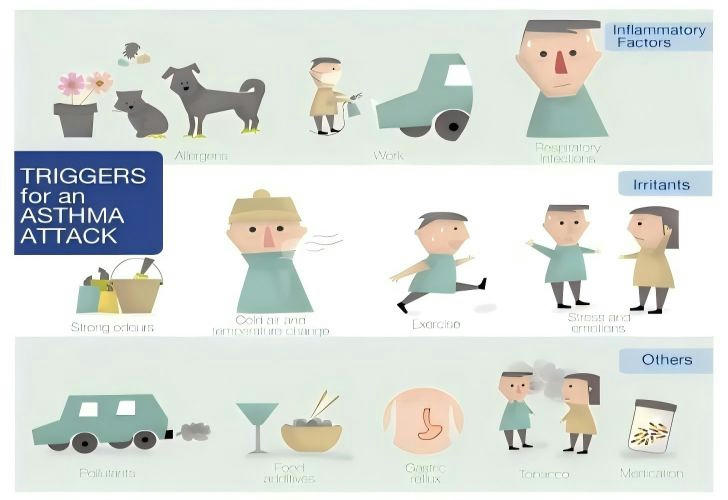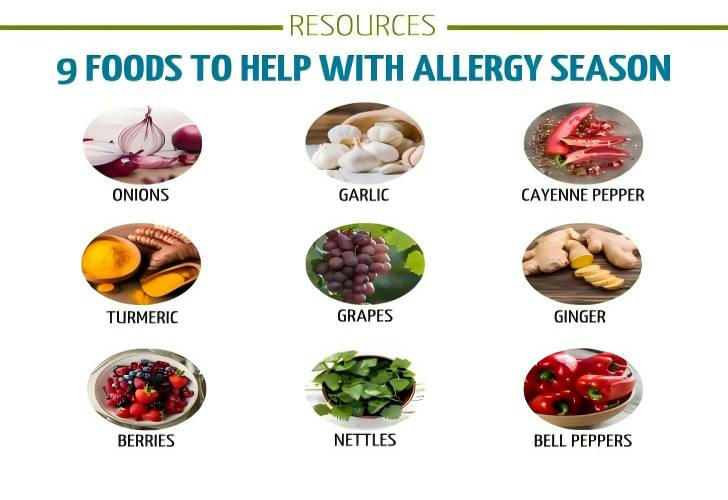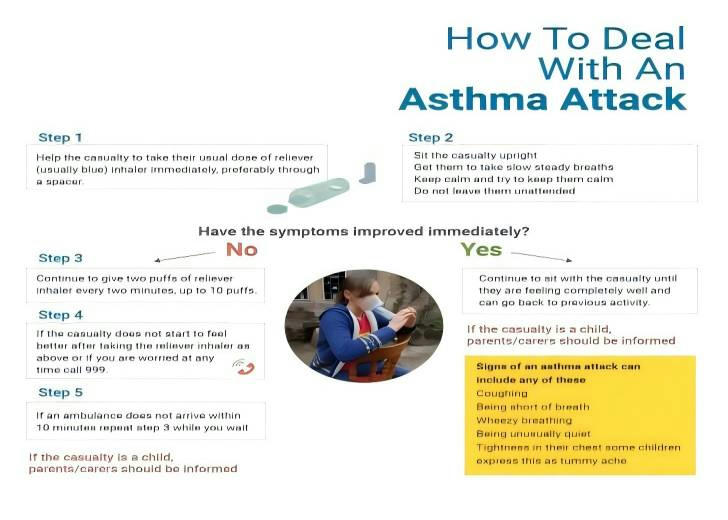How do asthma patients manage allergy season?
How do asthma patients manage allergy season?

Allergy seasons can worsen asthma symptoms by increasing exposure to airborne allergens like pollen, dust mites, and mold spores.
These allergens can trigger inflammation in the airways, leading to coughing, wheezing, and shortness of breath in asthma patients. Patients should monitor local pollen counts, minimize outdoor activities during peak allergen times, use air filters indoors, and adhere strictly to their prescribed asthma medications.
1. Identify allergens
• Understand the main allergens (such as pollen, dust mites, etc.)

Common asthma allergens include:
(1) Pollen
(2) Dust mites
(3) Mold spores
(4) Pet dander and saliva
(5) Insect debris and their secretions
• What are the resources and methods for obtaining allergy information?
Medical websites, allergy specialists, allergy season forecasts and apps, etc.
2. Take precautions
• What precautions should be taken indoors?
Asthma patients should take preventive measures indoors, such as using air purifiers, cleaning bedding and furniture regularly, and keeping the room dry and ventilated.
• What precautions should be taken outdoors?
For example, avoid outdoor activities during peak hours, wear masks to reduce inhalation of allergens, and choose activities in low-allergen environments.
3. Regular monitoring of allergy season
• What should asthma patients pay attention to before and after allergy season?
(1) Monitor local allergen concentrations.
(2) Avoid contact with high concentrations of allergens.
(3) Use inhaled medications regularly.
(4) Keep the room clean and ventilated.
(5) Keep in touch with your doctor and adjust your treatment plan.
• Why is regular medical supervision important?
Regular medical monitoring is important for asthma patients because it helps doctors and patients track changes in their condition together. Doctors can adjust treatment plans according to each person's specific situation to ensure the effectiveness of medications and preventive measures. This monitoring can also detect signs of worsening asthma in advance and avoid serious attacks. Through regular check-ups, patients can get better health guidance and support, improve quality of life and reduce medical risks.
4. Diet and Lifestyle Adjustments
• What foods can help reduce allergy symptoms?
Some foods can help reduce allergy symptoms because they have anti-allergic or anti-inflammatory effects:
(1) Fish
Such as salmon, trout and cod are rich in omega-3 fatty acids, which help reduce inflammation and relieve allergy symptoms.
(2) Nuts and seeds
Such as walnuts, almonds and flax seeds are rich in vitamin E and magnesium, which help support the immune system and reduce allergic reactions.
(3) Fruits and vegetables
Especially foods rich in vitamin C and antioxidants, such as citrus fruits, strawberries, spinach and carrots, can help reduce symptoms caused by allergies.
(4) Yogurt and fermented dairy products
Contain probiotics and prebiotics, which help maintain intestinal health and may help reduce allergic reactions.
(5) Ginger and honey
With anti-inflammatory and anti-allergic effects, they can be added to the diet to enhance immune system function.

• How can people with asthma maintain a healthy lifestyle?
People with asthma should maintain regular exercise, get enough sleep, avoid smoking, and reduce stress to help control symptoms and improve quality of life.
5. Communication with medical professionals
Asthma patients should keep in touch with their medical team, promptly report changes in symptoms and seek advice.
6. Asthma patients often face challenges during allergy season, but they can manage symptoms effectively.
For instance, a patient named Jane prepares by taking nasal corticosteroids and antihistamines before pollen season starts. She keeps windows closed, uses air conditioning, and monitors pollen counts to limit outdoor exposure. Jane also showers and changes clothes after being outside to remove allergens. If her symptoms worsen, she consults her doctor about allergy shots, which provide long-term relief. By combining medication, environmental control, and proactive healthcare, Jane successfully navigates allergy season while managing her asthma symptoms.
Summary
How can asthma patients develop their own allergy season management strategy based on their personal situation?

Asthma patients can develop a personalized allergy season management strategy by first identifying their specific triggers and allergens. They should then implement preventive measures such as using air purifiers indoors, monitoring pollen counts, and adjusting outdoor activities to low-allergen times. Regularly communicating with healthcare providers to adjust medications and staying informed about local allergen forecasts are also crucial. By tailoring these steps to their individual needs, they can effectively minimize symptoms and maintain better control during allergy seasons.
